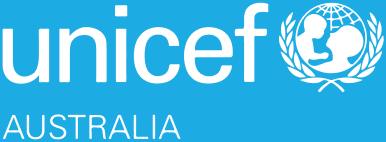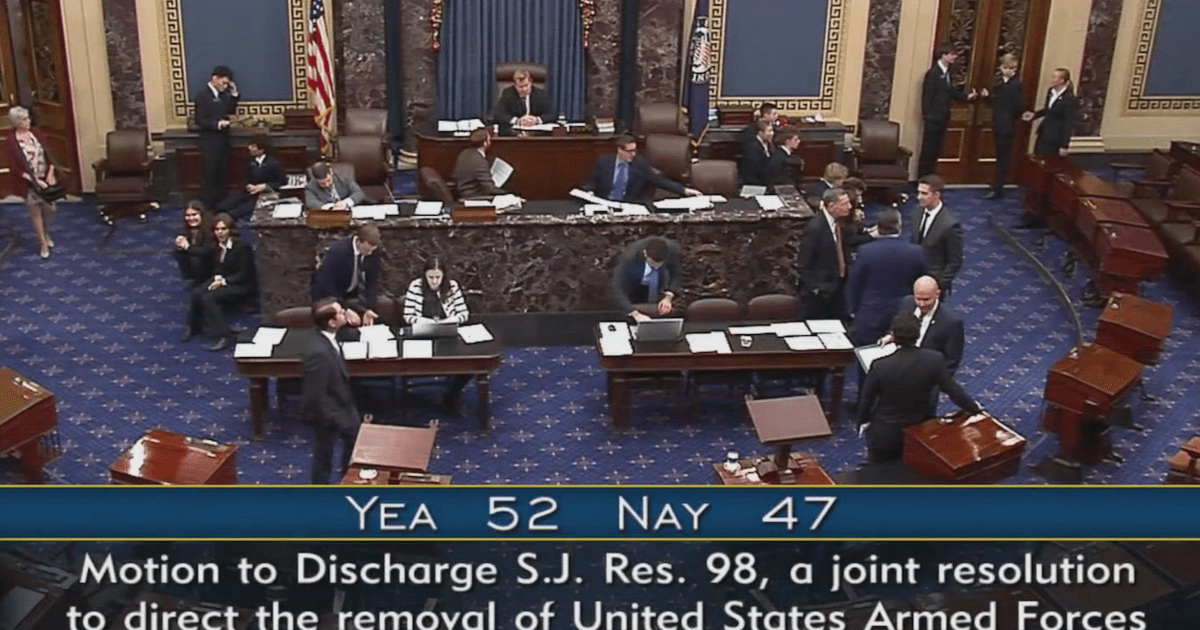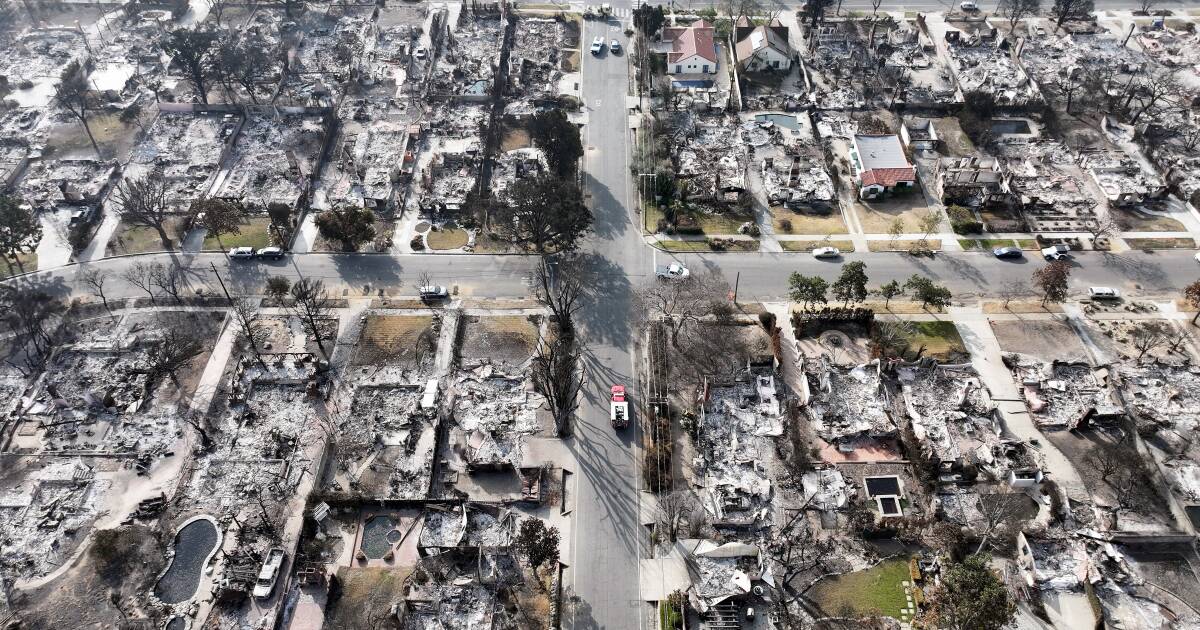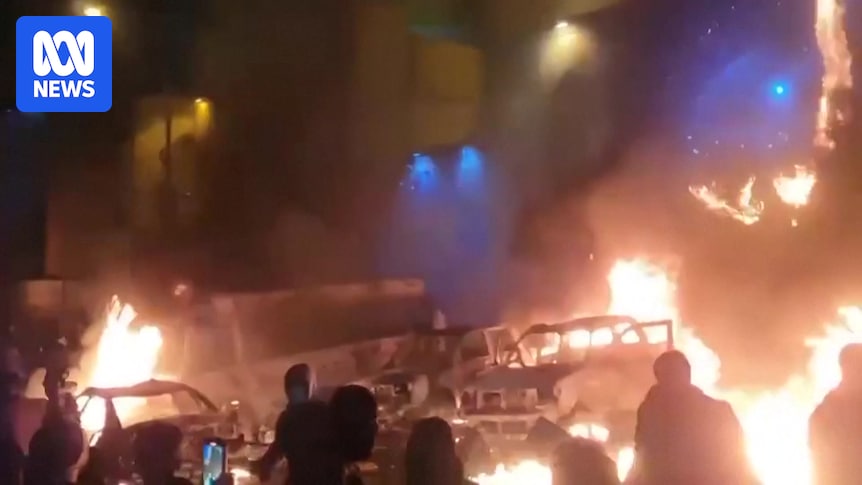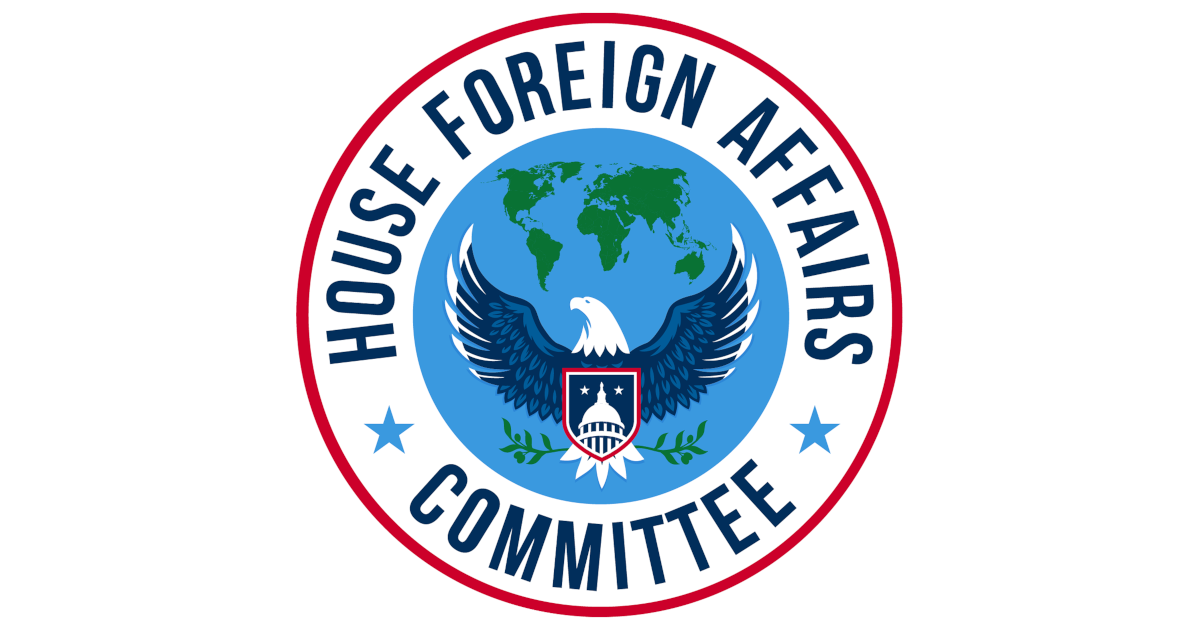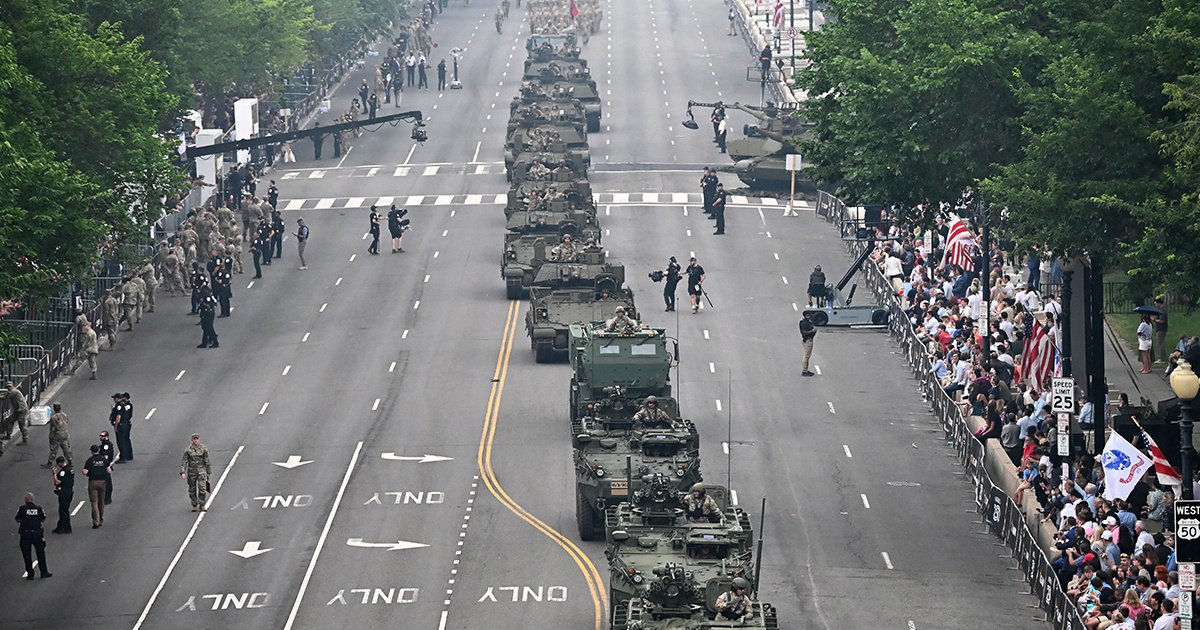Venezuela sits on top of some of the world’s largest reserves.
But its production has dropped off sharply in recent decades due to disinvestment and mismanagement – not to mention US sanctions, which have limited its access to the global market.
Continue Reading


